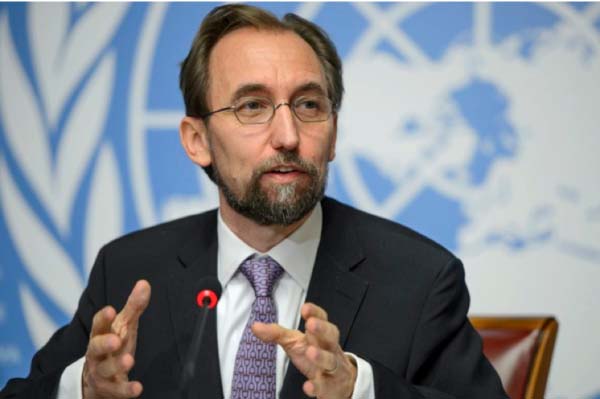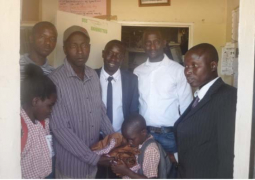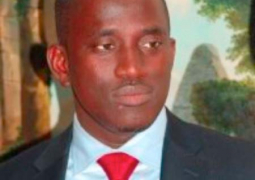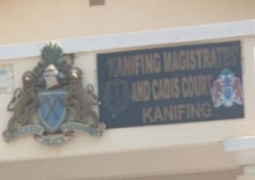
The
increased military presence deployed across The Gambia since President Yayha
Jammeh rejected the election result risks heightening the current climate of
intimidation and harassment in the country, UN High Commissioner for Human
Rights Zeid Ra’ad Al Hussein has warned.
“This
is deeply worrying, given the record of human rights violations in The Gambia,
including excessive use of force against demonstrators, arbitrary detention and
deaths in custody, as well as allegations of torture and ill-treatment of
detainees,” Zeid said.
“We
remind the Gambian authorities that people should be able to exercise their
rights to peaceful assembly, association and freedom of expression. The
security forces must exercise restraint in the use of force and uphold
international human rights standards,” Zeid said. “All those responsible for
human rights violations must be held accountable,” he added.
President
Jammeh, who has been in power for more than 22 years, initially accepted that
Adama Barrow had won. However, on 9 December, Mr. Jammeh rejected the results
published by the Independent Electoral Commission (IEC) and called for fresh
elections. On 13 December, his APRC party filed a petition challenging the
results with the Supreme Court.
“There
is currently no sitting Supreme Court in The Gambia and the way President
Jammeh appointed and dismissed judges has undermined the independence and
credibility of the judiciary,” Zeid noted.
“I
urge the president and all political parties to respect the result of the
elections, the democratic process and the rule of law,” the High Commissioner
stressed.
The
High Commissioner also called on Mr Jammeh to respect the independent status of
the IEC, whose premises were taken over by the army on Tuesday and officials
ordered to leave.
“All parties should conduct themselves in a
manner that contributes to a peaceful atmosphere during this crucial period
and, in particular, avoid using inflammatory language. We urge all sides to
reaffirm their commitment to democracy and to work to ensure that there is a
peaceful handover of the presidency by 18 January in line with the freely
expressed desire and will of the Gambian people,” the High Commissioner stated.
Source:
UN High Commissioner for Human Rights
GENEVA
(16 December 2016)




